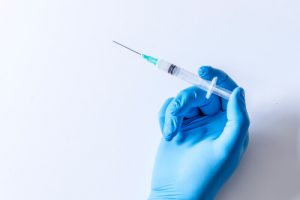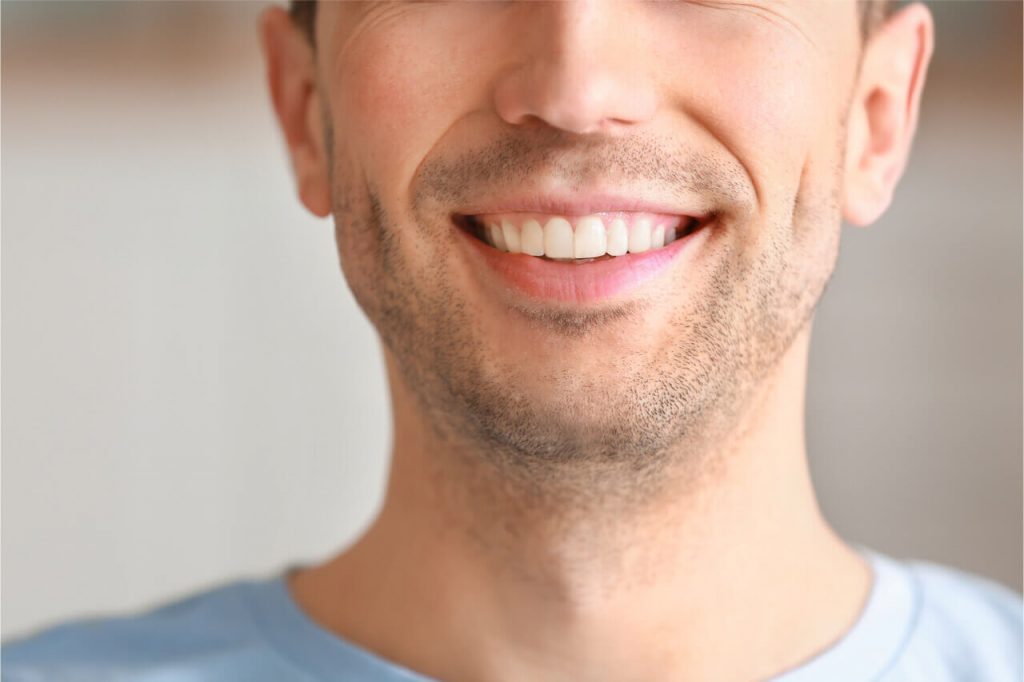What is xylocaine local anesthetic? How is it used in the field of dentistry? This article will talk about how this local anesthetic is used in dental procedures and if it has any risks. After reading the article, you can click this link to know more about why your lips will get numb after having dental procedures done with dental anesthetics.
What is xylocaine local anesthetic?
Xylocaine is a local anesthetic that is used in many dental procedures. This is one of the most common types of dental anesthetics used in minor dental operations and procedures. Xylocaine local anesthetic drugs are usually safe. Most patients who undergo dental procedures have this local anesthetic drug used in the procedure and do not feel any negative side-effects.
What are the risks?
There are a few risks that accompany the use of xylocaine as a local anesthetic in dental procedures. Here is a list of risks that may accompany the use of this type of dental anesthetic. Most of these risks are temporary and would subside a few hours after the effects of the sedative wear off.
Dizziness and vomiting
Some patients complain of experiencing dizziness and vomiting until after a few hours after the anesthesia wears off.
Muscle twitching
In some cases, patients also have minor muscle twitches in the site where the anest hesia was administered. You can visit Sydney’s trusted massage clinic, Wayne Massage to help alleviate some pain.
hesia was administered. You can visit Sydney’s trusted massage clinic, Wayne Massage to help alleviate some pain.
Numbness and tingling
There is a chance that the site may remain numb for a few hours after the effects of the xylocaine have worn off. The patient should be careful not to cause injuries to their mouths while the site is still numb.
Headaches
Some patients have headaches as a side-effect of this type of dental anesthesia. However, these headaches are not severe, and they usually disappear after a few hours following the procedure and when the effects of the anesthesia have completely worn off.
Allergies
In extreme cases, there may be some patients that may be allergic to xylocaine. Dentists will ask the patients before the procedure begins if they are allergic to any drugs. If the patient says yes, the dentist will usually conduct a skin test to see if the patient has an adverse reaction to xylocaine. If they do, another anesthetic will be used in its place to prevent allergic reactions.
Do you have questions about the dental anesthetic?
If you feel that you may be allergic to xylocaine local anesthetic, talk to your dentist about it. Keep in mind that if you think you are allergic, your dentist will perform a skin test before administering xylocaine. If the test comes back positive, you will be given a choice to undergo general anesthesia or to use a different local anesthetic in place of xylocaine.
Final thoughts
Using xylocaine as a dental anesthetic is commonplace. Many patients have this drug administered to them for procedures such as deep cleaning and other minor dental procedures. The risks associated with this drug are minor and rare. Some precautions are taken to prevent these minor risks from taking place.
If you’re looking for a dentist that can help you, you can go to Bay Dental Studio near Potts Point and get a consultation today.

